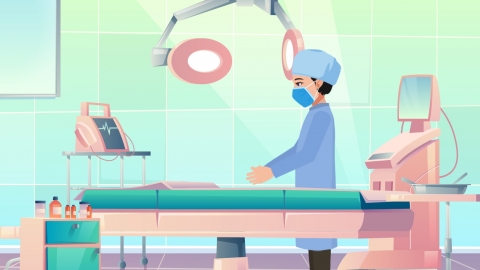Can rectal polyps be left untreated without surgery?
In general, whether rectal polyps require surgery depends on the specific circumstances. Benign polyps that are small in size and show no tendency toward malignancy usually do not require surgical intervention and can be managed with regular follow-up; however, larger polyps with potential for malignant transformation or those causing symptoms should be surgically removed promptly. The detailed analysis is as follows:

Polyps smaller than 1 cm in diameter and classified pathologically as inflammatory or hyperplastic tend to grow slowly and have a low risk of becoming malignant, so surgery is generally unnecessary. These polyps may cause no obvious symptoms and are often discovered incidentally during routine checkups. Regular monitoring every six months to one year, as advised by a physician, is sufficient.
Polyps larger than 1 cm in diameter or those identified pathologically as adenomatous carry a higher risk of malignancy and should be surgically removed as soon as possible. Some polyps may cause symptoms such as rectal bleeding or changes in bowel habits; even if they are not large, surgical removal is recommended to eliminate potential risks and prevent disease progression.
In daily life, maintain a light diet, reduce intake of spicy and irritating foods, consume more fruits and vegetables rich in dietary fiber, and keep bowel movements regular. Additionally, maintain a regular sleep schedule, avoid staying up late, quit smoking, limit alcohol consumption, and thereby reduce the likelihood of polyp development or recurrence.





